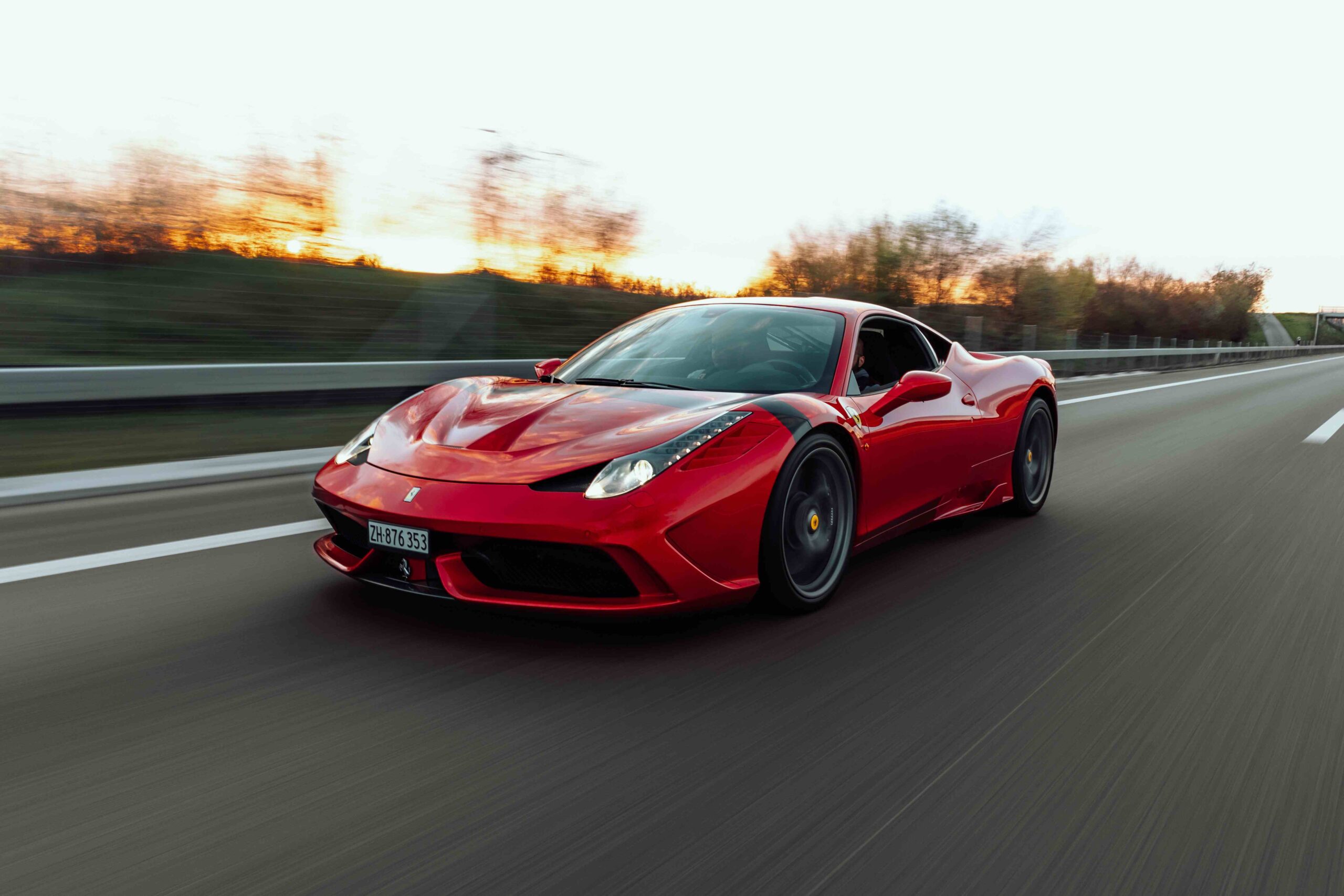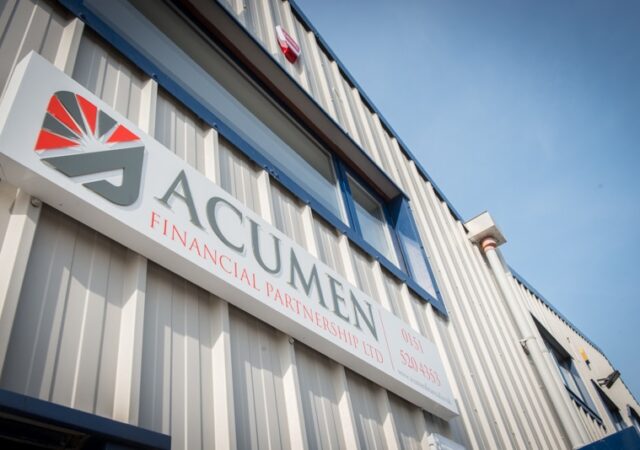Thanks to the recent success of our Red Bull Business Blog, and having just returned from Italy myself, it feels as good a time as any to have a look at Ferrari’s business model and its amazing strategies. I guarantee you will be in for a surprise.
In 2016, Sebastian Vettel eloquently told a reporter – “Everyone is a Ferrari fan. Even when they say they’re not, they are Ferrari fans”.
The signature Prancing Horse, the Tricolore, and of course the iconic red known as “Rosso Corsa” – few brands have as much presence as the Scuderia.
As the most successful F1 team of all time – the name Ferrari has been synonymous with victory since its inception.
The creative genius founder, Enzo Ferrari, produced 9 Formula 1 world champion cars during his lifetime and the company has since gone on to produce another 6 following his death.
Most people believe that Ferrari is a car company – and perhaps it is.
The dichotomy we face with categorising a company like Ferrari is, do we say they belong to the category they are most known for or the category where the majority of their income is derived? That is why the Ferrari business model is so interesting to explore.
How does Ferrari make their money?
Ferrari has profit margins well beyond the traditional car manufacturers. Maybe this is because they charge a premium for their vehicles compared with VW group, Daimler and Ford. The biggest contributor to this healthy margin is not their cars – it is their merchandise. Ferrari is much closer to a luxury goods manufacturer like Louis Vuitton or GUCCI than it is to Ford or VW.
How much does Ferrari make from merchandise?
Ferrari produces around $4 billion dollars in sales revenue every year – $2bn of which comes from merchandise. This ranges from model cars, branded caps, and flags all the way up to high-end luxury fashion goods like a £3,500 leather trench coat… not my style but someone must be buying it.
This is all reflected in how the stock market values Ferrari versus the mainstream companies. Ford is currently valued at 2.8x annual earnings and VW at 4.71x whereas investors are happy to pay a much bigger premium for Team Red at a whopping 36.3x earnings.
So, let’s prove my point – Louis Vuitton Moet Hennessey is running at 23.4x, Dior at 20.3x and Hugo Boss at 20.2x. Substantially closer to Ferrari than their automotive “competitors”.
One of the biggest driving forces, pardon the pun, for the brand domination was Michael Schumacher. As one of the biggest and greatest sportsmen of all time – his victories behind the wheel resulted in unfathomable merchandise sales during his reign as champion.
Despite the above – looking into the Ferrari business model car sales are now catching up with their merchandise sales. Their split with design house Pininfarina a few years ago means they now longer stick with the 3-car arrangement of one mid-engine, one front engine, and one hyper-car. Instead, they now have numerous models at varying price points and in the last few weeks announced the production of their first SUV.
Very simply, more models mean more customer catchment and therefore higher sales figures.
Ferrari has the potential to continue to be a pillar of the automotive industry well into the future. The Ferarri business model is growing, and their car sales are expanding steadily.
On top of this, they have the luxury fashion arm of their business to springboard them into the future and allow them to be agile and stay ahead of the game.
It would be fantastic to see them come out on top in Formula 1 again. Leclerc may win a title at some point and Sainz just got his first win at Silverstone. Even as a Red Bull fan myself – deep down we are all Ferrari fans as well.
As a financial advisor, it truly is interesting to see how these successful business models work and take inspiration as part of our Financial Planning Service. Head over to our blog for our brand case studies and other financial advice.



